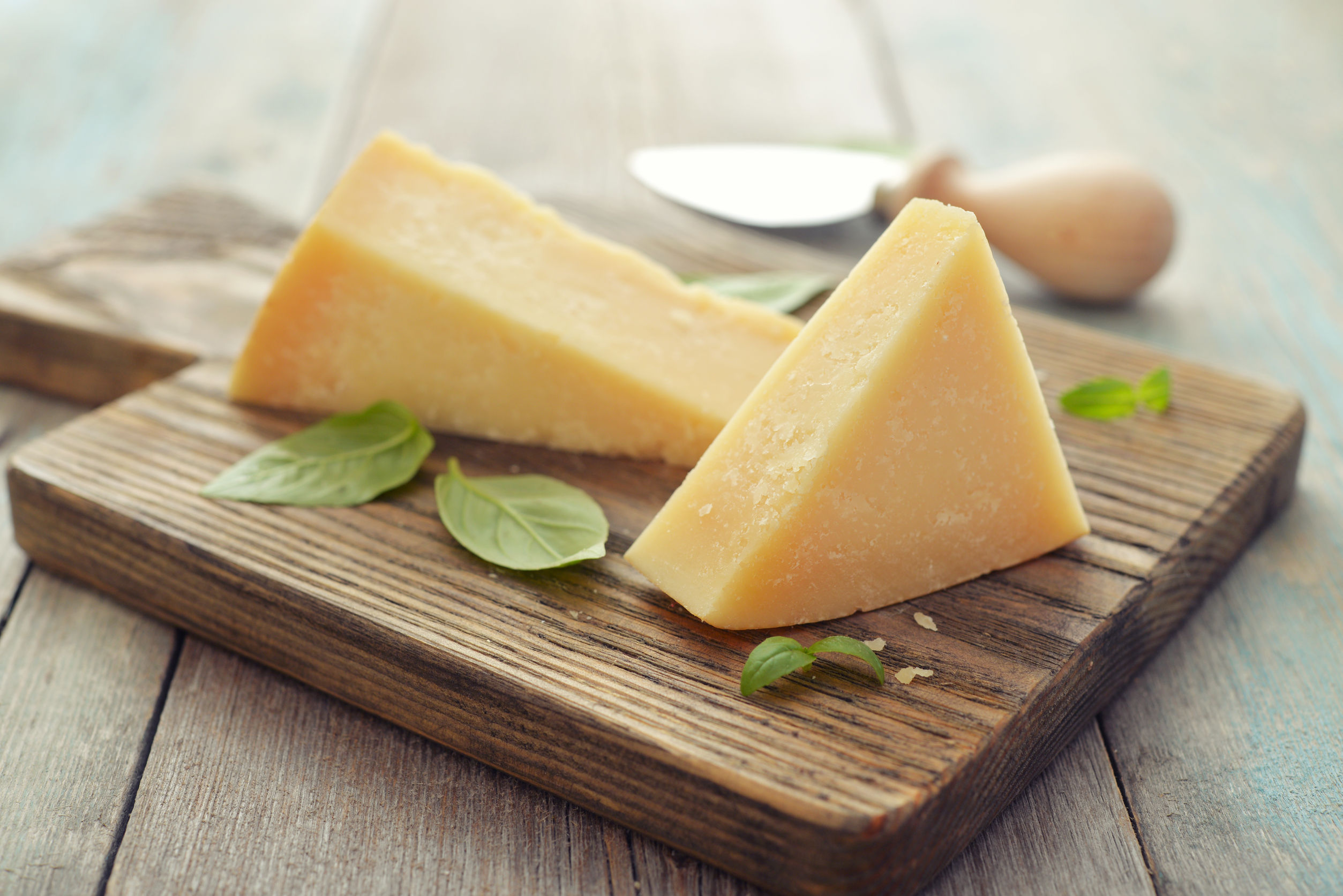Why Does Cheese Need to Be Aged?
Posted by The CheeseMaker on 20th Sep 2018

Cheese is one of the most interesting types of food. One of the most fascinating things about cheese is the aging process. All cheese is essentially made of the same core ingredients, but the aging process plays a role in changing the flavor and texture, resulting in thousands of cheese varieties. In order to comprehend the cheese aging process, it’s important to understand how cheese is made.
How All Cheese Starts
All types of cheese require these ingredients:
●Milk (cow, goat, sheep, or buffalo)
●Bacterial culture
●Rennet
●Salt
These ingredients for cheese affect the taste. When bacterial culture is added to milk, it creates lactic acid from the lactose, which makes the milk sour. Rennet causes the coagulation of the fats and proteins, creating a curd. Then, salt is added throughout the rest of the process.
Cheese That Is Better After Aging
Certain cheeses require months or years of aging while others are better fresh. The following types of cheese require an aging process:
●Monterey Jack
●Colby
●Brie
●Camembert
●Cheddars
●Parmesan
●Emmenthaler
●Provolone
●Gorgonzola
You’ll notice all these cheeses have a sharp or tangy taste in comparison to fresh cheeses like cottage cheese or feta.
The Biological Process and Proteolysis
The reason for the unique flavors of aged cheese is because of what happens over months and years. Cheese becomes more sour and sharp over time because the lactose keeps breaking down into lactic acid. The proteins also break down into amino acid compounds during proteolysis, which gives certain cheeses fruity, nutty, or smoky flavors.
When you become interested in making your own cheese, you have a lot of questions. Why does cheese need to be aged? Is cheese bad for you? Thankfully, you can find answers to all your questions. You can learn all you need to know about cheese by doing some research and browsing cheese making kits.

